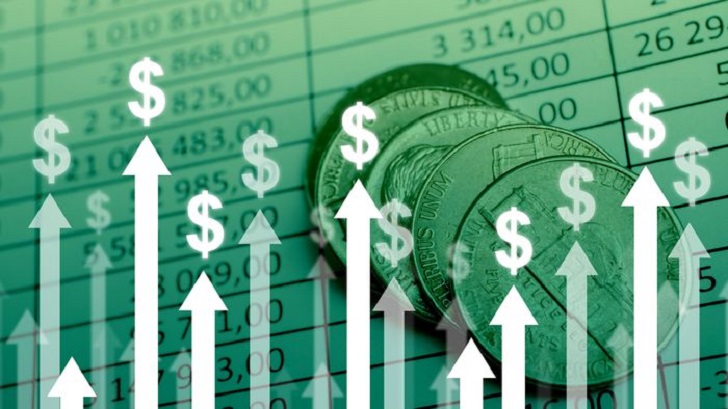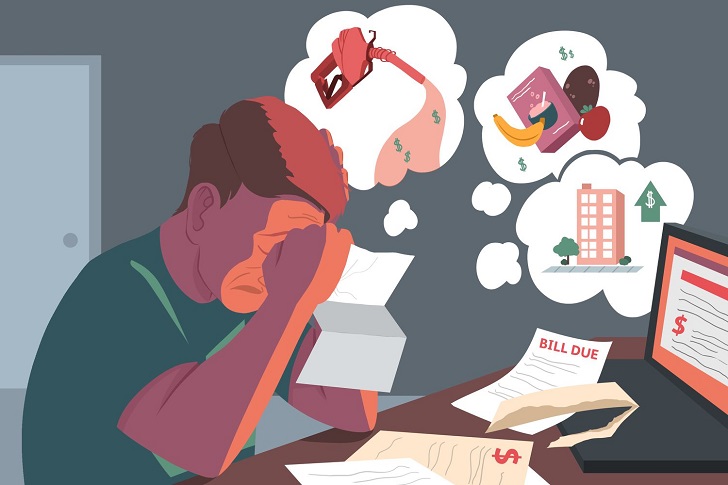Inflation is an increase in the price of goods and services over time. It affects different people differently, and while some may benefit from inflation, others may lose out. Generally, inflation has a negative impact on those with fixed incomes or savings as their purchasing power decreases. On the other hand, those with variable income, such as borrowers or investors, may benefit from inflation.
Let's take a closer look at who inflation actually favors.
Borrowers

GETTY IMAGES/ ISTOCKPHOTO | Inflation in the United States has soared from 1.4 percent in January 2021
One of the main beneficiaries of inflation is borrowers. This is because inflation reduces the value of money over time, meaning that the amount owed on a loan is worth less in real terms.
For example, if you took out a loan of $10,000 with a fixed interest rate of 5%, and inflation is at 2%, the real interest rate would only be 3%. This means the borrower would be paying back less in real terms than they originally borrowed.
Real Estate Owners
Inflation can also favor real estate owners. When inflation occurs, property values often increase as well. This means that the property's value appreciates while the mortgage payment stays the same. This results in a decrease in the real value of the mortgage payment, allowing property owners to build equity in their property.
Investors
Investors may also benefit from inflation. Inflation often increases the price of stocks and other assets, which can result in higher returns for investors. This is because companies are able to increase their prices to keep up with the rising costs of production, leading to higher profits and stock prices.

VINCENT MARTIN/ GETTY IMAGES | Inflation rates vary from year to year and from currency to currency
Debtors
Debtors, such as governments, may also benefit from inflation. When governments borrow money, they do so at a fixed interest rate. If inflation occurs, the currency's value decreases, and the government can repay its debts with cheaper money. This means the government will end up paying back less in real terms than what it originally borrowed.
Exporters
Inflation can also benefit exporters. When a country's currency decreases in value, buying goods and services from that country becomes cheaper. This makes exports more attractive to foreign buyers, resulting in an increase in demand for exports and potentially higher profits for exporters.

Verywell/ Laura Porter | There are only three ways to meet the unpaid bills of a nation. The first is taxation. The second is repudiation. The third is inflation
It's worth noting that while inflation may benefit certain groups, it can also have negative consequences for others. High inflation can lead to decreased consumer spending as people struggle to keep up with rising prices. This can result in a slowdown in economic growth and an increase in unemployment.
In conclusion, while inflation may benefit certain groups, it's important to recognize that it can also have negative consequences. It's up to policymakers to find the right balance between inflation and economic growth in order to ensure the well-being of all citizens.






